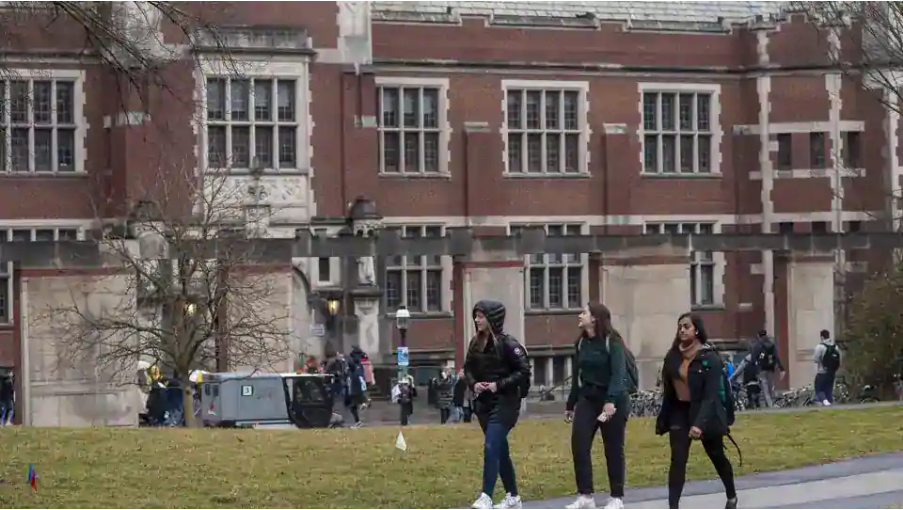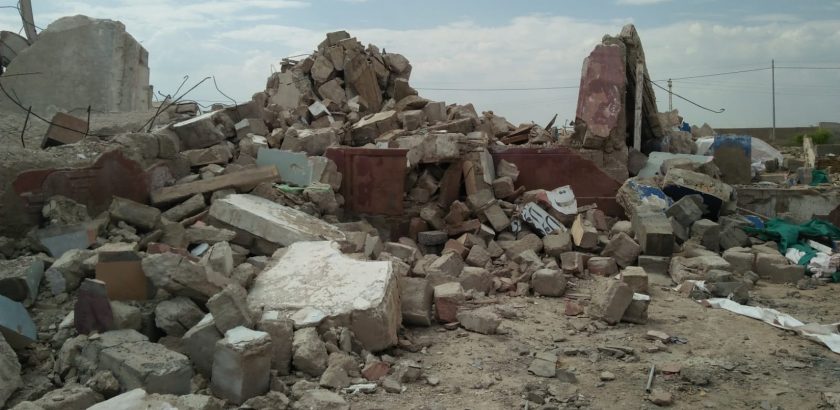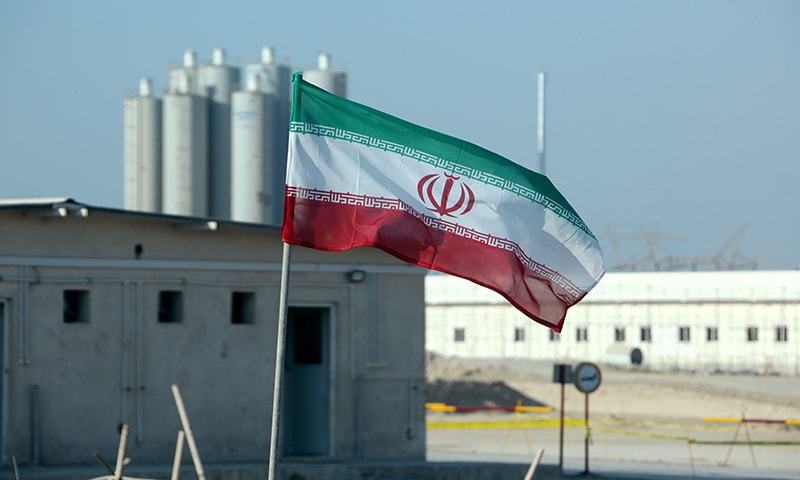![]()
COURTESY BY: https://www.hindustantimes.com/
Panic has gripped Indian and international students in US colleges over the new guideline announced Monday by the Trump administration. The guideline forces foreign non-immigrant students to leave the country if they are enrolled in institutions holding only online classes for the fall semester.
The state department will not issue visas to students on F-1 and M-1 — for academic and vocations students — enrolled in online-only institutions and the US border and customs will not let them enter the country, the Immigration and Customs Enforcement (ICE) department said in the guideline. This would apply, presumably, to new enrolments.
Students who were already in the United States and were enrolled at these online-only institutions will be allowed a maximum of one online class or three credit hours to remain in status or they would have to switch to a school that allows them to take the minimum number of in-person classes.
At institutions that are moving towards a “hybrid model” — a mix of online and in-person teaching or “blended” programme as some universities call them — students will be allowed to take more than one course online, or three credit hours. However, the university must certify that the “program is not entirely online, that the student is not taking an entirely online course load this semester, and that the student is taking the minimum number of online classes required to make normal progress in their degree program”.
But these exemptions did not apply to F-1 students in English language training programs or M-1 students pursing vocational degrees, ICE said. These students are “not permitted to enroll in any online courses,” it added.
With an eye on his re-election bid coming November, President Donald Trump has been pushing for the country to reopen after Covid-19 lockdown to get the economy back on track. “Schools must reopen in the fall,” he wrote on twitter, in all-caps, around the time as the ICE announcement was made.
“There is a sense of panic among students,” said Onkar Joshi, a doctoral candidate at the University of Maryland in Maryland. “The order forces us to choose between our health and staying in the US,” he added.
There are approximately 200,000 Indian students in the United States. It was not clear immediately how many of them would be impacted and in what way as universities do not have a uniform model for reopening. Not all of them have announced their programmes for the fall semester, which starts mid-August.
India raised the issue with the US at foreign office consultations Tuesday morning. Foreign Secretary Harsh Shringla and US under-secretary of state for political affairs David Hale discussed ways to further enhance mutually beneficial trade and people-to-people ties, including through visa facilitation for students and professionals, the ministry of external affairs said in a readout of the meeting.
An estimated 1 million international students enrolled in US colleges every year. Their impact on US economy is worth $41 billion and they support more than 450,000 jobs.
Harvard University announced earlier Monday — just before the ICE guideline — that it will hold all classes online and will allow only 40% of these students to return live on campus for the fall semester, according to The Harvard Crimson.
“We are deeply concerned that the guidance issued today by US Immigration and Customs Enforcement imposes a blunt, one-size-fits-all approach to a complex problem, giving international students, particularly those in online programs, few options beyond leaving the country or transferring schools,” Harvard University president Lawrence S Bacow said in a statement.
“This guidance undermines the thoughtful approach taken on behalf of students by so many institutions, including Harvard, to plan for continuing academic programs while balancing the health and safety challenges of the global pandemic,” he added.
The American Council on Education (ACE), which represents US colleges and universities, slammed the ICE guideline as “horrifying”.
“At a time when institutions are doing everything they can to help reopen our country, we need flexibility, not a big step in the wrong direction,” the organization said further in a statement. “ICE should allow any international student with a valid visa to continue their education regardless of whether a student is receiving his or her education online, in person, or through a combination of both, whether in the United States or in their home country, during this unprecedented global health crisis.”
Foreign students are not allowed into the United States through online-only institutions and an exemption was made , ICE said in the statement, in view of the Covid-19 epidemic. “This policy permitted non-immigrant students to take more online courses than normally permitted by federal regulation to maintain their non-immigrant status during the Covid-19 emergency.”




